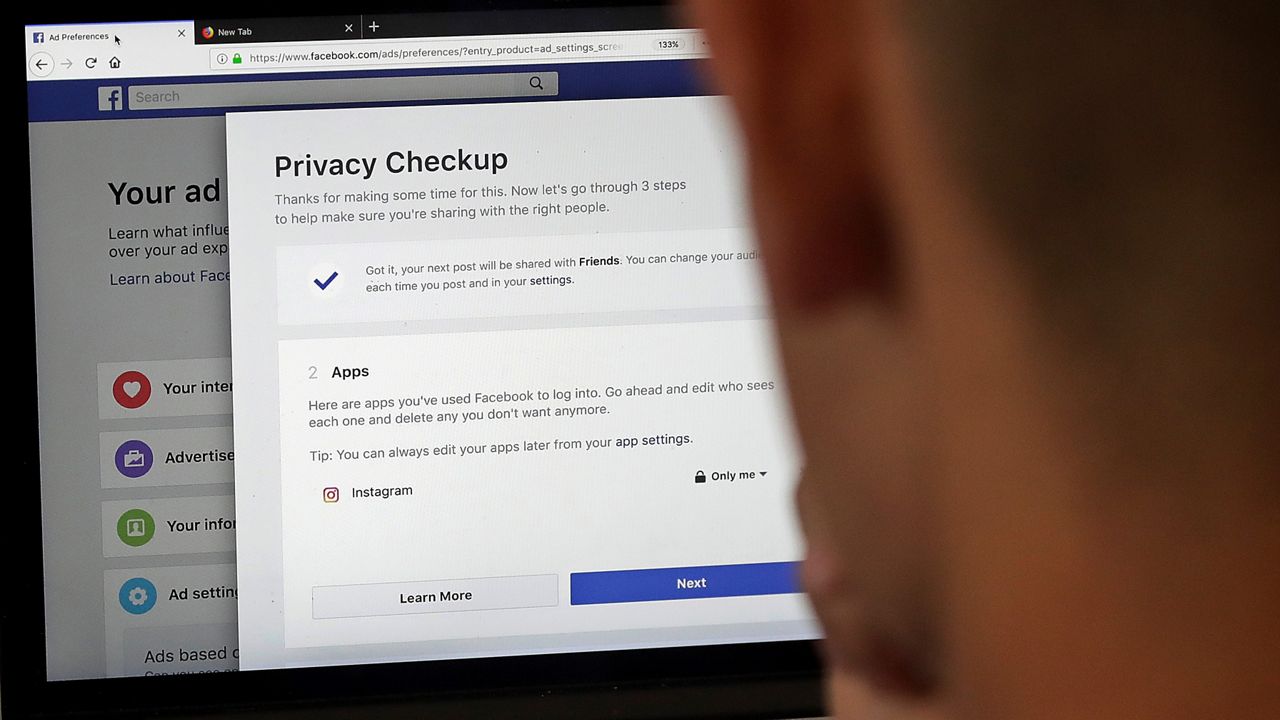New York is leading a 45-state coalition in a lawsuit alleging social media giant Facebook is operating as a monopoly, Attorney General Letitia James on Wednesday announced.
The anti-trust suit also includes the Federal Trade Commission. It alleges Facebook has stifled competition through the purchasing of rival companies and has not improved or maintain privacy for users.
“For nearly a decade, Facebook has used its dominance and monopoly power to crush smaller rivals and snuff out competition, all at the expense of everyday users,” James said in a statement. “Today, we are taking action to stand up for the millions of consumers and many small businesses that have been harmed by Facebook’s illegal behavior. Instead of competing on the merits, Facebook used its power to suppress competition so it could take advantage of users and make billions by converting personal data into a cash cow."
The scope of the suit is broad as are the plaintiffs, which include Democratic and Republican attorneys general.
"Almost every state in this nation has joined this bipartisan lawsuit because Facebook’s efforts to dominate the market were as illegal as they were harmful," James said. "Today’s suit should send a clear message to Facebook and every other company that any efforts to stifle competition, reduce innovation, or cut privacy protections will be met with the full force of our offices.”
Jennifer Newstead, vice president and general counsel at Facebook, responded in a statement released Wednesday.
“Antitrust laws exist to protect consumers and promote innovation, not to punish successful businesses," she said. "Instagram and WhatsApp became the incredible products they are today because Facebook invested billions of dollars, and years of innovation and expertise, to develop new features and better experiences for the millions who enjoy those products. The most important fact in this case, which the Commission does not mention in its 53-page complaint, is that it cleared these acquisitions years ago. The government now wants a do-over, sending a chilling warning to American business that no sale is ever final.''


